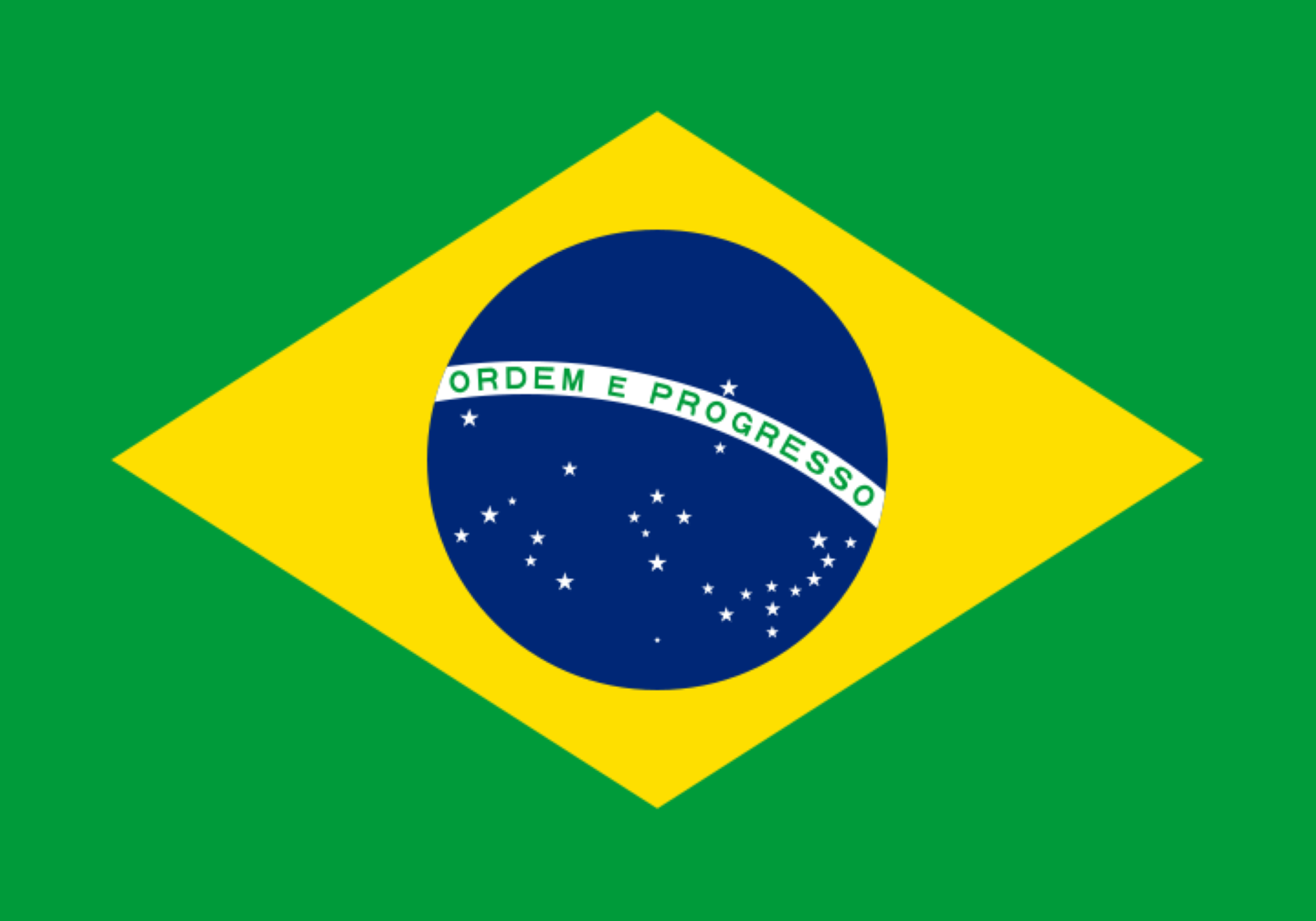
Officially named as the Federative Republic of Brazil, Brazil is the largest country in South America and the fifth-largest in the world by both area and population. It is known for its diverse landscapes, rich culture, and vibrant biodiversity, and home to the world's largest tropical rainforest: The Amazon. The country has an extensive coastline along the Atlantic Ocean, and is famous for its music (like samba and bossa nova), cuisine, football, and colourful festivals such as Carnival. Brasília is the nation's capital, located in the central-western region. Replacing Rio de Janeiro as the official capital in 1960, the city was built with the purpose of promoting the development of the interior of Brazil. It stands out as one of the few planned cities in the world to serve as a national capital, and having its layout to resemble the shape of an airplane or bird from above.
Extreme weather events such as droughts, floods and landslides.
Brazil have protected areas where mandatory entrance or conservation fees will be charged for tourists. These include:
Tourists may stay in Brazil for up to 90 days, extendable by Federal Police to a maximum of 180 days per year depending on nationality. Overstaying beyond 90 days can result in fines, deportation, or entry bans (exact fees vary by case). Though on-the-spot fines are not legally mandated and are often considered unofficial, all traffic offences accrue points (3–7 depending on severity), and gaining more than 20 points within 12 months will result in license suspension for 1–24 months, depending on circumstances. In addition, Acts like street racing, drifting, or aggressive driving can result in fines up to ~R$19,468.10 (~£2671), license suspension, vehicle seizure, and even license revocation on repeat offences.
The official language of Brazil is Portuguese, but Spanish and English are also spoken.
In Brazil, vehicles drive on the right-hand side of the road. The minimum age to drive is 18, but is 21 to rent a vehicle. Tourists can drive with a valid driver’s licence from their home country, plus an International Driving Permit (IDP) for up to 180 days. Be cautious in major cities for things like traffic congestion and aggressive drivers. Avoid night driving on rural roads (especially due to rural areas - including northern areas - can have poor road conditions), and if you are in cities like Rio and São Paulo, use secure parking.
Gasoline (Gasolina Comum), ethanol (Etanol) – many cars are 'flex-fuel', and diesel – for trucks and large vehicles - are common, where self-service is not common, that attendants fill the tank for you.
Very strict (zero tolerance in practice).
When driving in a car, Seat belts are mandatory for all passengers.
Check out more of our Country Guides: